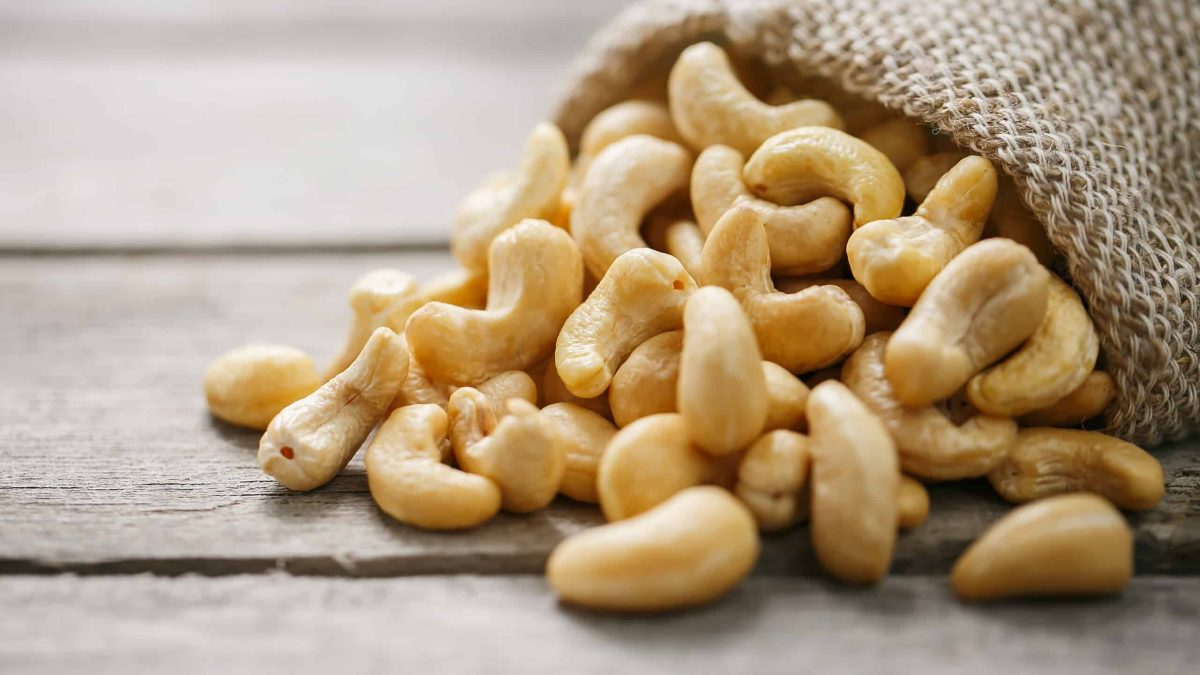Fun Facts About Cashews Unheard Of

Fun Facts About Carrots Unheard Of
May 4, 2023
Fun Facts About Coconuts Unheard Of
May 8, 2023So, here are a few fun facts about cashews (Anacardium occidentale) unheard-of discussed in this post.
Did you know that cashews are not actually nuts, but rather seeds that grow on the bottom of a cashew apple?
The cashew apple is a fruit that grows in tropical climates and is native to Brazil. The cashew tree produces a fruit called a cashew apple, which has a fleshy, edible part and a hard, kidney-shaped seed attached to the bottom. This seed is what we know as the cashew “nut.” The cashew seed is located at the bottom of the cashew apple. It is surrounded by a double shell that contains an irritating oil similar to poison ivy. This oil must be carefully removed before the cashew can be eaten. This is why they are often roasted or steamed. This seed is extracted and roasted to produce the cashew nut that we all know and love.
Despite this process, cashews are still a popular snack and ingredient in many dishes, and packed with nutritional benefits! They are a good source of healthy fats, protein, and minerals such as copper, zinc, and magnesium. So, you can impress your friends with this fun fact about their true nature as seeds, not nuts!
Another interesting fact about cashews is that they contain a natural chemical called anacardic acid. This has been shown to have anti-inflammatory properties and may even help to fight against certain types of cancer. They also provide energy!
READ ALSO: Fun Facts About Carrots Unheard Of
Fun Facts about Cashews and History
Did you know that cashews are a buttery flavor and have nutritional benefits? So, the next time you enjoy a handful of cashews, remember that you are not just eating a nut, but a unique and fascinating seed with a complex history and a variety of uses. The cashew seed was first brought to Europe by Portuguese explorers in the 16th century.
Interestingly, the shell of the cashew seed contains a toxic resin that can cause skin irritation and even lung damage if inhaled. That’s why cashews are always sold shelled and roasted, as the heat destroys the resin.
Did you know that just a small handful of cashews can provide a significant portion of your daily nutrient needs?
With each handful of cashews, remember that you’re actually munching on a seed from the bottom of a fruit. One that is packed with healthy goodness!
The shell of the cashew seed contains a toxic substance called urushiol, which is also found in poison ivy and poison oak. This is why raw cashews are never sold in stores; they must be roasted or steamed to remove the poisonous shell before they can be consumed.
In fact, the process of removing the shell is so difficult and labor-intensive that it contributes to the high cost of cashews compared to other nuts. So next time you enjoy a handful of cashews, remember that they’re actually seeds and appreciate the effort that went into making them safe to eat! I hope you’ve enjoyed reading these fun facts about cashews. Share your thoughts on anyone you’d like to add!

